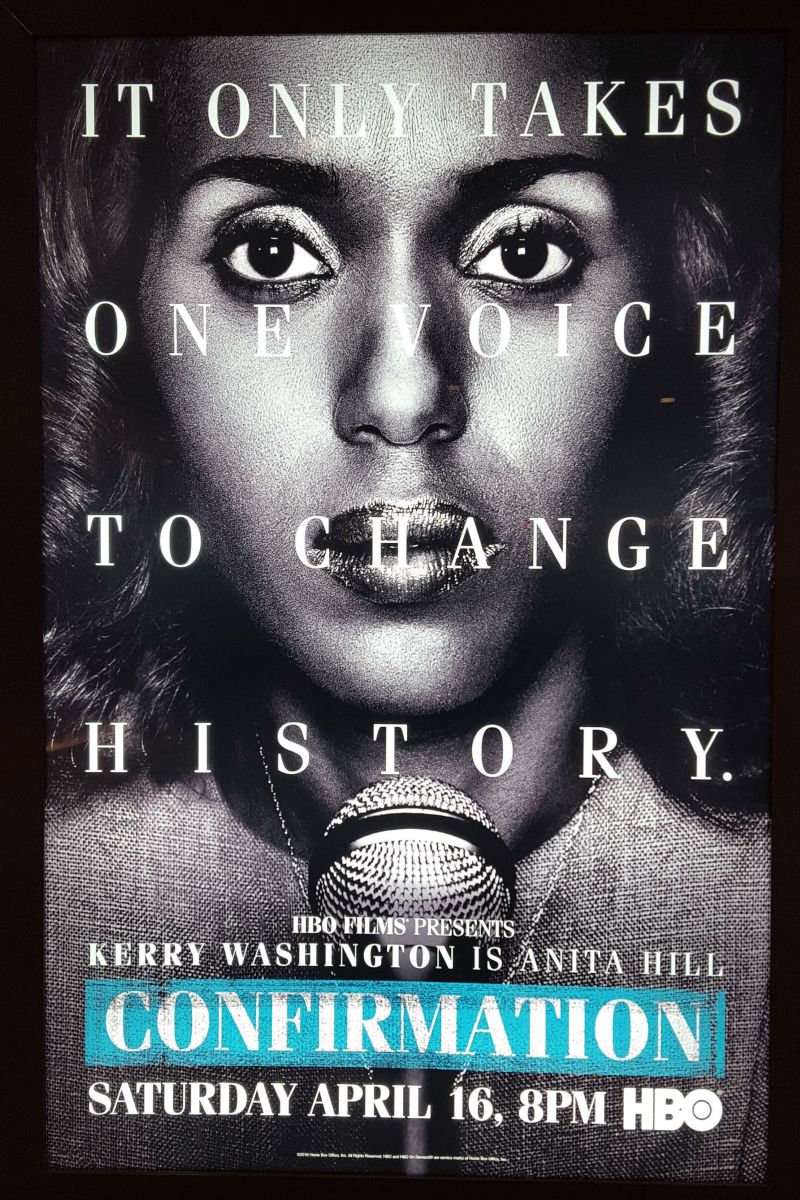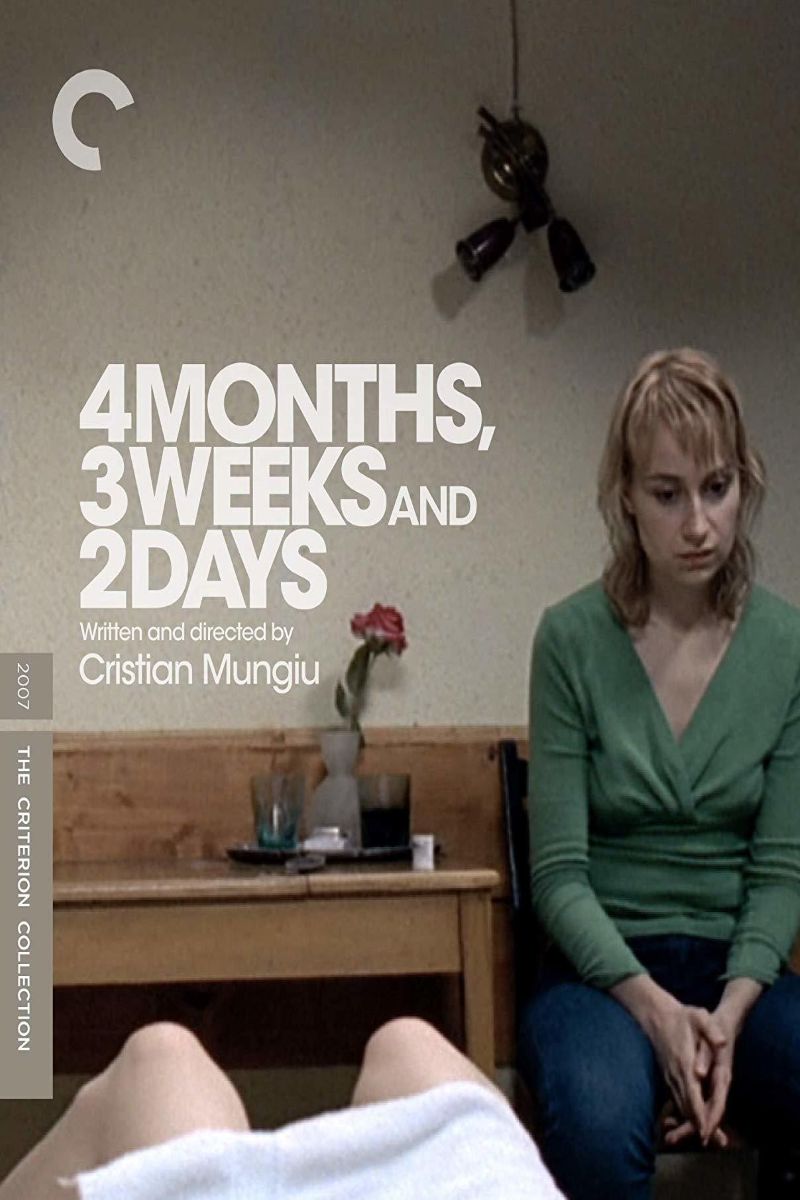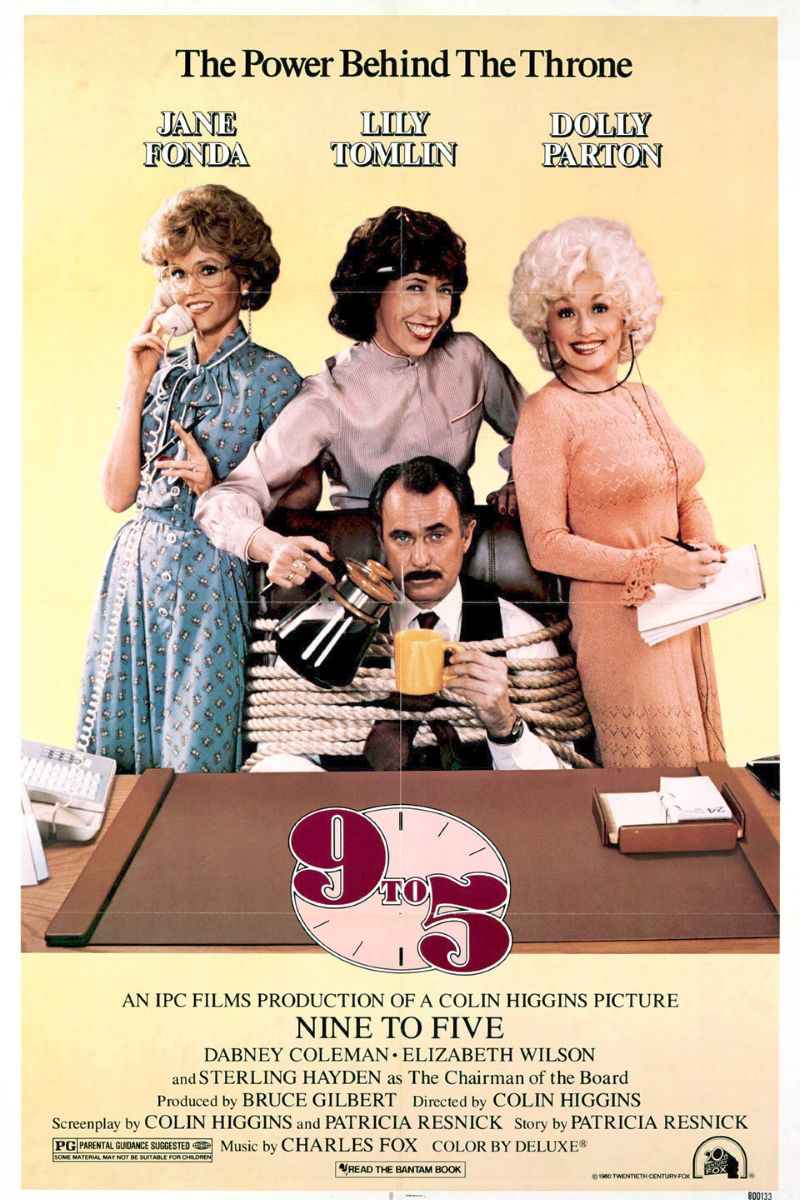
Confirmation
Confirmation
This HBO television movie stars Kerry Washington as Anita Hill, a law professor whose story of sexual harassment is worth revisiting through a post-#MeToo lens. As a made-for-television movie, gripping performances and timely political material make it suited for any size screen. This film dives into one of recent American history's watershed moments, chronicling the he said/she said between now-Supreme Court Justice Clarence Thomas and the woman who testified before the nation that he had sexually harassed her for years.
Cast
Related Topics
🎥 Film Analysis & Review
“Confirmation” stands as a television film of profound political significance and historical value, with director Rick Famuyiwa’s recreation of the controversial 1991 Clarence Thomas Supreme Court confirmation hearings providing deep reflection on sexual harassment, power, race, and the intersectional oppression of gender. Kerry Washington’s masterful portrayal of Anita Hill serves not only as tribute to this courageous woman but as encouragement for all women who have experienced or are experiencing sexual harassment to find their voice. Against the backdrop of the #MeToo movement’s rise, this film’s significance becomes even more pronounced, reminding us of the complexity and persistence of sexual harassment issues and the systemic barriers women face when seeking justice.
The film’s historical background carries extreme importance. In 1991, President George H.W. Bush nominated Clarence Thomas to replace Thurgood Marshall on the Supreme Court. Just as the confirmation hearings were concluding, Anita Hill publicly accused Thomas of sexual harassment during his tenure as Chairman of the Equal Employment Opportunity Commission. This accusation transformed what had been a quiet hearing into a nationally watched political and cultural battleground, becoming America’s first large-scale public discussion of sexual harassment issues.
From an intersectional feminist perspective, Anita Hill’s situation embodies the unique predicament faced by Black women. As a Black woman accusing a Black man, she confronted both gender discrimination and pressure for racial solidarity. Many Black community members believed her accusations would damage Black men’s image, while white society might exploit this incident to reinforce stereotypes about Black people. Hill had to simultaneously combat racism and sexism within these complex social dynamics, making her courage even more admirable in this position of double marginalization.
The film’s portrayal of political participation and power structures carries profound critical significance. The 1991 Senate Judiciary Committee consisted entirely of white men whose understanding of sexual harassment was extremely limited, even displaying obvious bias and hostility. Joe Biden’s performance as committee chairman (played by Greg Kinnear) draws particular attention—his attempt to balance political neutrality with moral justice ultimately reflected the male-dominated political system’s dismissal of women’s testimony.
From anti-sexual violence perspectives, the film reveals systemic barriers faced by sexual harassment victims seeking justice. Hill’s testimony was questioned, misinterpreted, and attacked, with her character and motivations subjected to malicious speculation. This secondary victimization of survivors was common then and persists today. Through meticulous depiction, the film demonstrates why many sexual harassment victims choose silence—because the cost of speaking out often exceeds that of remaining quiet.
The film’s critique of media representation also deserves attention. The 1991 hearings marked America’s first large-scale televised sexual harassment case, with media coverage significantly influencing public understanding of events. The film shows how media shapes narratives, selectively presents information, and unconsciously reinforces existing gender and racial biases. This media critique provides important reference for understanding media’s role in contemporary #MeToo movements.
Kerry Washington’s performance proves masterful in capturing Anita Hill’s dignity, vulnerability, and resilience. Hill’s composure and professionalism when facing malicious questioning appears both authentic and moving under Washington’s portrayal. Rather than creating a perfect victim or hero, she presents a complex, complete female figure—displaying both fear and uncertainty alongside courage and conviction.
The film’s exploration of workplace equality issues carries contemporary relevance. Thomas, as Hill’s supervisor, used his position of power to harass subordinates—a pattern of power abuse prevalent across various workplace environments. Through this specific case, the film reveals the complexity of gender power relations in workplaces and why victims often struggle to report or resist promptly—because it might mean losing jobs, career opportunities, or facing retaliation.
From legal equality perspectives, the film demonstrates the legal system’s limitations in handling sexual harassment cases. In 1991, social understanding of sexual harassment and legal protections were quite limited, with Hill’s accusations treated more as moral rather than legal issues. The hearing procedures and questioning methods reflected the legal system’s distrust of women’s testimony and protection of male authority.
The film’s portrayal of male alliance relationships carries critical insight. Whether Thomas’s supporters or committee members, many men displayed tendencies to maintain existing power structures. Their questioning of Hill’s motives, diminishing her experiences, and emphasizing Thomas’s character reflected how patriarchy maintains its interests through male solidarity.
The film’s temporal setting holds special significance. Re-examining this historical event against the #MeToo movement’s rise allows audiences to more clearly see the trajectory of social progress over 25 years while recognizing persistent problems. Many difficulties Hill faced—not being believed, having motives questioned, enduring enormous public pressure—remain common experiences for sexual harassment victims today.
From political consciousness perspectives, the 1991 hearings became an important turning point. Vast numbers of female viewers watched the entire process on television, feeling anger and disappointment at the all-male Senate committee’s performance. This anger translated into political action, with 1992 called the “Year of the Woman” when record numbers of women were elected to Senate and House positions. The film mentions this subsequent impact through end credits, emphasizing Hill’s testimony’s historical significance.
The film’s treatment of intersecting race and gender issues reflects American society’s complexity. Divisions within the Black community regarding Hill and Thomas—some supporting Hill’s courage while others viewed her as betraying racial solidarity—reflect intersectional oppression’s complexity. Even oppressed groups may experience internal divisions based on gender, class, and other factors.
From psychological perspectives, the film demonstrates the psychological impact of traumatic memories and public testimony on victims. Hill’s pain and discomfort when recalling and recounting harassment experiences, alongside her persistence when facing questioning, reflect the deep psychological trauma sexual harassment inflicts on victims. Simultaneously, public testimony itself constitutes secondary trauma, requiring enormous courage and resilience.
The film’s exploration of women’s testimony credibility holds universal significance. Committee members’ methods of questioning Hill’s testimony—demanding “evidence,” questioning why she didn’t speak earlier, suggesting alternative motives—represent common challenges women face when reporting sexual harassment. Through these details, the film reveals society’s systematic distrust of women’s testimony.
The film’s production itself embodies feminist practical spirit. Kerry Washington served not only as lead actress but also as executive producer, actively participating in the creative process. Screenwriter Susannah Grant is a renowned female writer who received an Oscar nomination for “Erin Brockovich.” This female-dominated creative team ensured the film could authentically present this historical event from women’s perspectives.
The film’s examination of institutional responses to sexual harassment allegations reveals how power structures protect themselves. The committee’s focus on Thomas’s qualifications and character while dismissing Hill’s detailed testimony demonstrates how institutions prioritize their own legitimacy over victim protection. This pattern continues in contemporary discussions of sexual misconduct in academia, politics, and corporate environments.
From sociological perspectives, the film illustrates how social movements emerge from individual acts of courage. Hill’s testimony, while initially unsuccessful in preventing Thomas’s confirmation, catalyzed broader conversations about sexual harassment and women’s treatment in professional settings. The film shows how personal trauma can become political catalyst when survivors choose to speak publicly.
The film’s portrayal of victim-blaming demonstrates persistent cultural attitudes toward sexual assault and harassment. Questions about Hill’s motivations, suggestions that she was seeking attention or revenge, and implications that she misunderstood innocent behavior all represent common tactics used to discredit survivors. These patterns remain prevalent in contemporary sexual misconduct cases.
From cultural criticism perspectives, the film reveals how racial and gender stereotypes intersect to create unique vulnerabilities. Hill faced both the “angry Black woman” stereotype and assumptions about women’s unreliability as witnesses. Her measured, professional demeanor during testimony represented a careful navigation of these intersecting prejudices.
The film’s exploration of loyalty and betrayal within marginalized communities demonstrates complex dynamics of solidarity politics. Some Black community members viewed Hill’s testimony as racial betrayal, prioritizing racial solidarity over gender justice. This tension reflects ongoing debates within social justice movements about competing loyalties and intersectional advocacy.
From historical analysis perspectives, the film contextualizes the hearings within broader patterns of silencing women’s voices in American politics. Hill’s experience parallels other women who have challenged powerful men, from Ida B. Wells to Christine Blasey Ford, revealing consistent patterns of discrediting and attacking women who speak truth to power.
The film’s treatment of moral courage demonstrates the personal costs of public truth-telling. Hill faced career consequences, death threats, and public scrutiny that lasted decades beyond the hearings. Her willingness to endure these costs for the principle of accountability illustrates the extraordinary sacrifice required to challenge institutional power.
Ultimately, “Confirmation’s” value lies in providing a mirror for reflecting on society’s progress and shortcomings in addressing sexual harassment. Hill’s story tells us that seeking justice requires enormous courage, but such courage constitutes an important force driving social progress. In a world still fighting for true gender equality, Anita Hill’s courage and persistence continue inspiring new generations of feminists and activists. Her story reminds us that even in the most difficult circumstances, speaking truth remains worthwhile because it paves the way for those who follow, enabling more women to courageously find their voice.
🏆 Awards & Recognition
- • Emmy Award Best Television Movie Nomination
- • SAG Award Best Actress Nomination (Kerry Washington)
- • NAACP Image Award Outstanding Television Movie
- • Critics' Choice Award Best Television Movie Nomination
⭐ Ratings & Links
Related Recommendations
Comments & Discussion
Discuss this video with other viewers
Join the Discussion
Discuss this video with other viewers
Loading comments...



